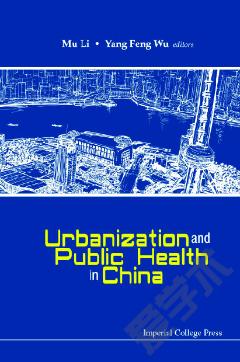Township Governance And Institutionalization In China
This unique volume takes a very different approach to township or xiangzhen governance. It explores the structural constraints on township governance and the way that these constraints influence the day-to-day behavior of Chinese rural grassroots government leaders. Based on thoroughgoing interviews with township and village cadres and villagers, the book depicts how individual actions affect and are affected by the underlying institutional arrangements and hence captures the dynamic micro functions of grassroots government as well as macro evolutions of overarching political institutions in China. The down-to-earth presentation of this book engages readers to deeply feel the genuine life and dilemmas of cadres at the rural grassroots levels in China.The goal of this book is to analyze the fiscal standing, power structure and public service functions of township governments in the context of its subtle relationships with upper level governments as well as with sub-level villages and the rural grassroots society. Its comprehensive documentation and in-depth discussion provide the best depiction of rural governance in contemporary China.
{{comment.content}}








 京公网安备 11010802027623号
京公网安备 11010802027623号